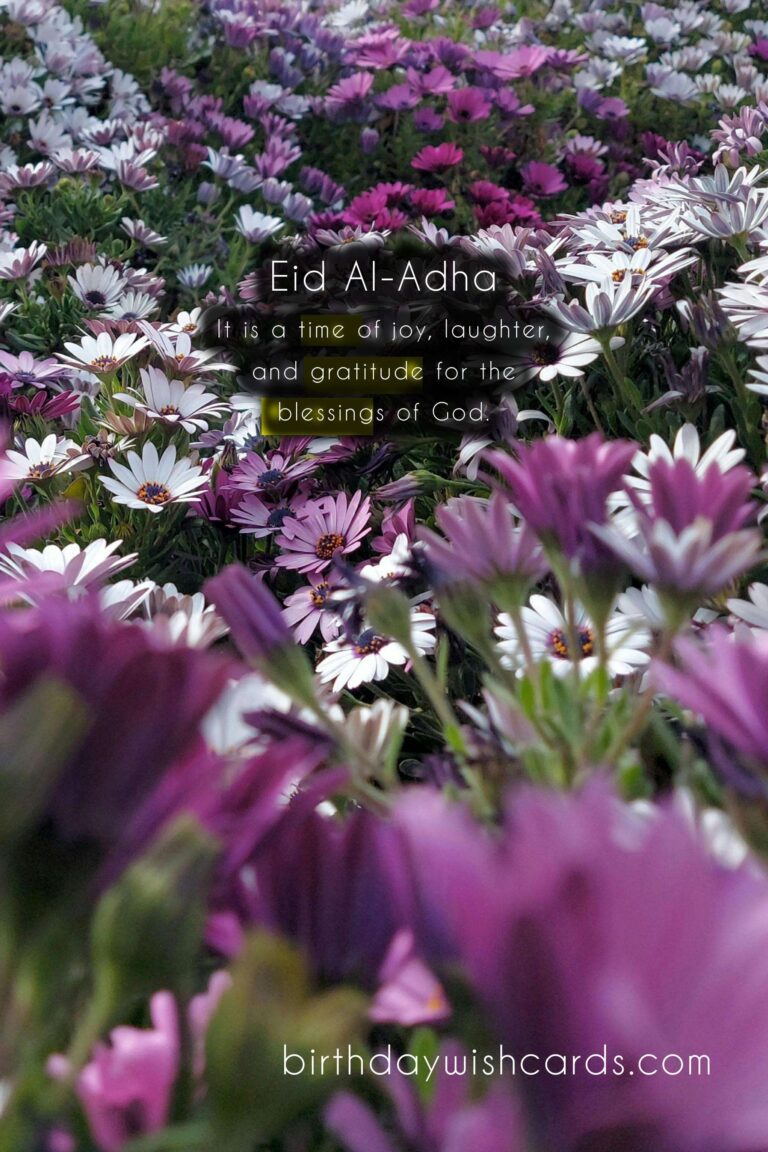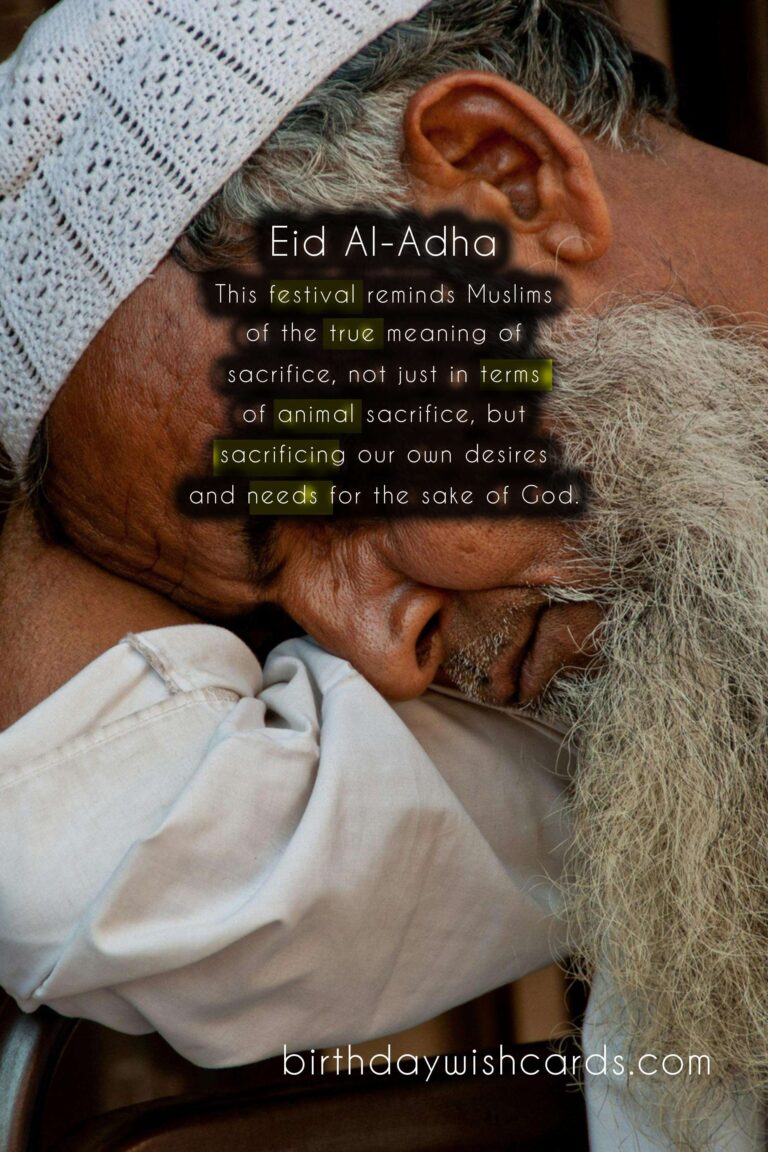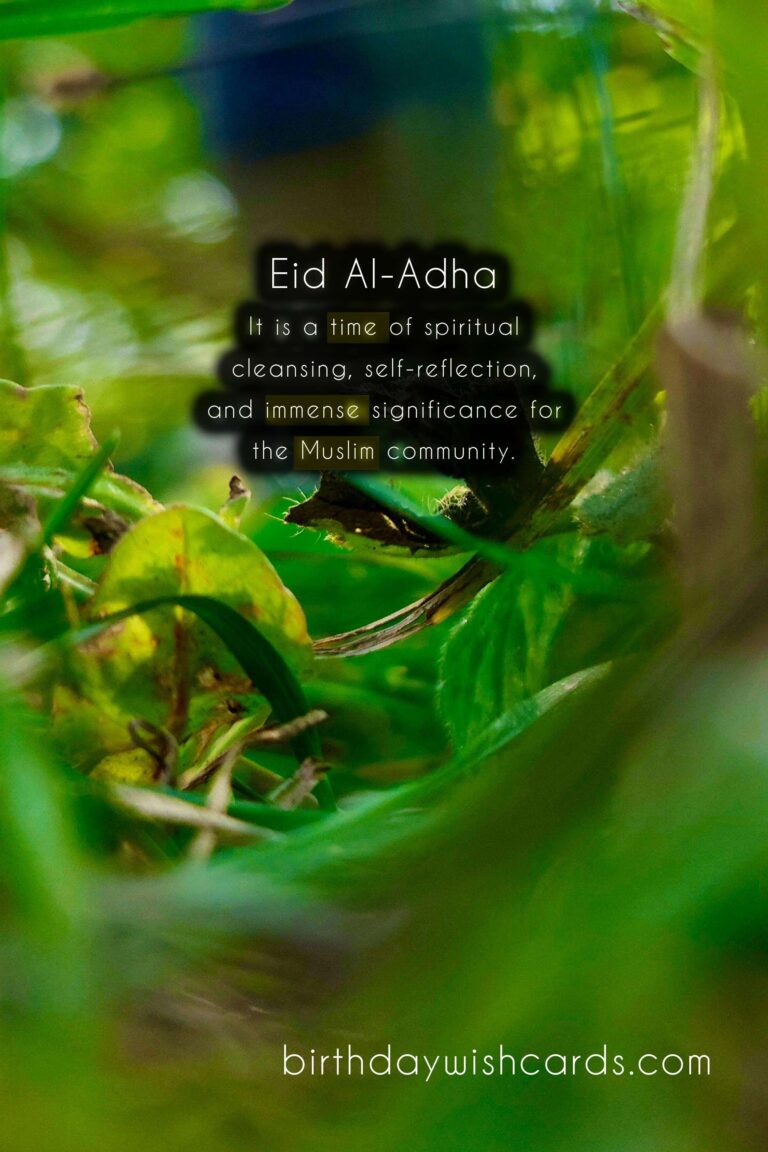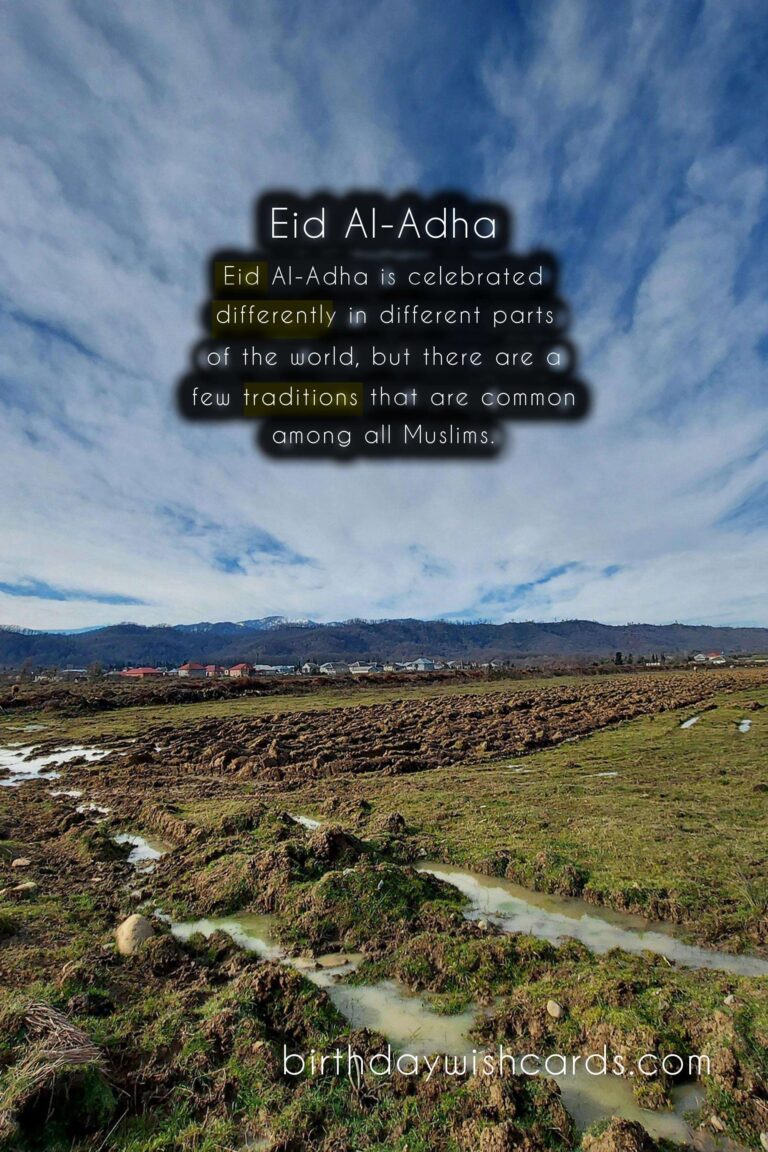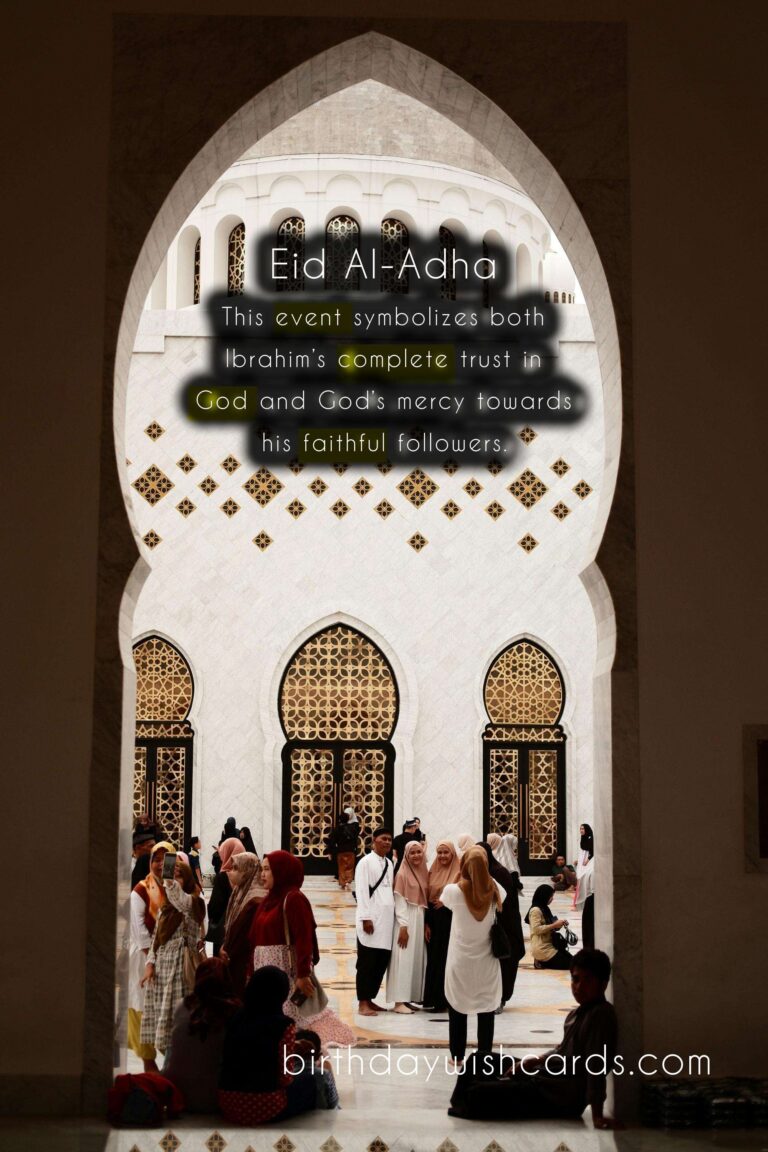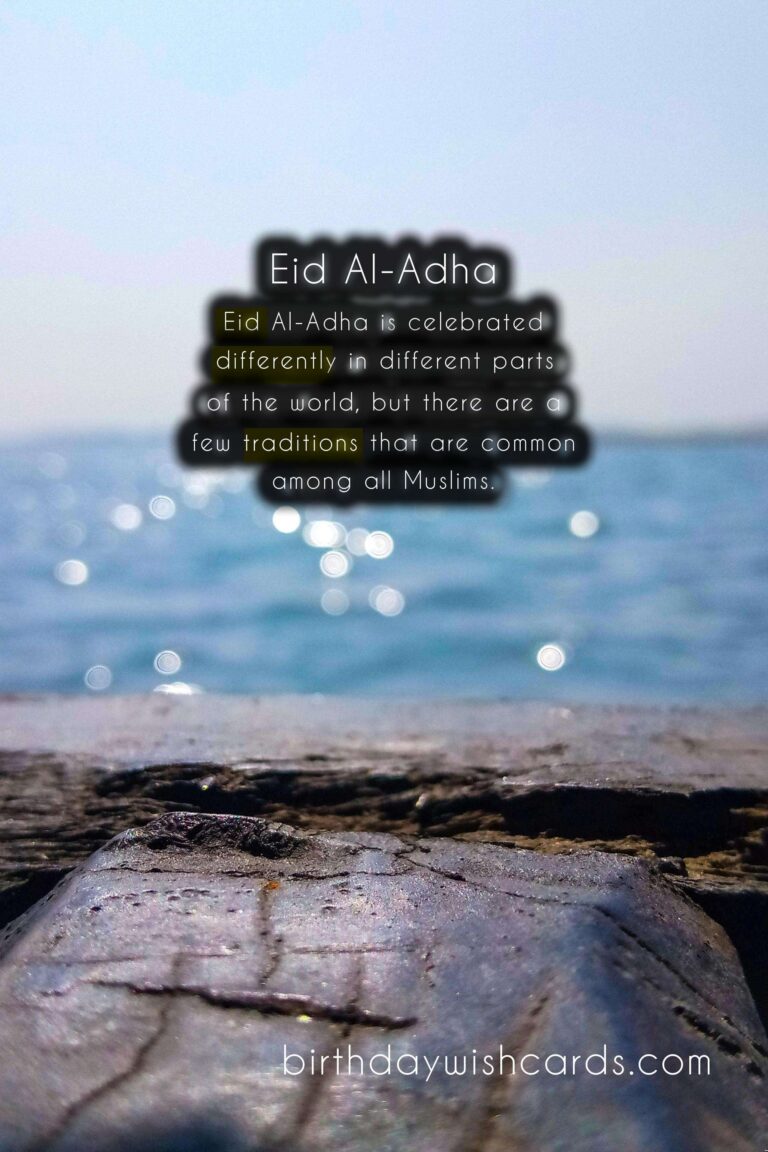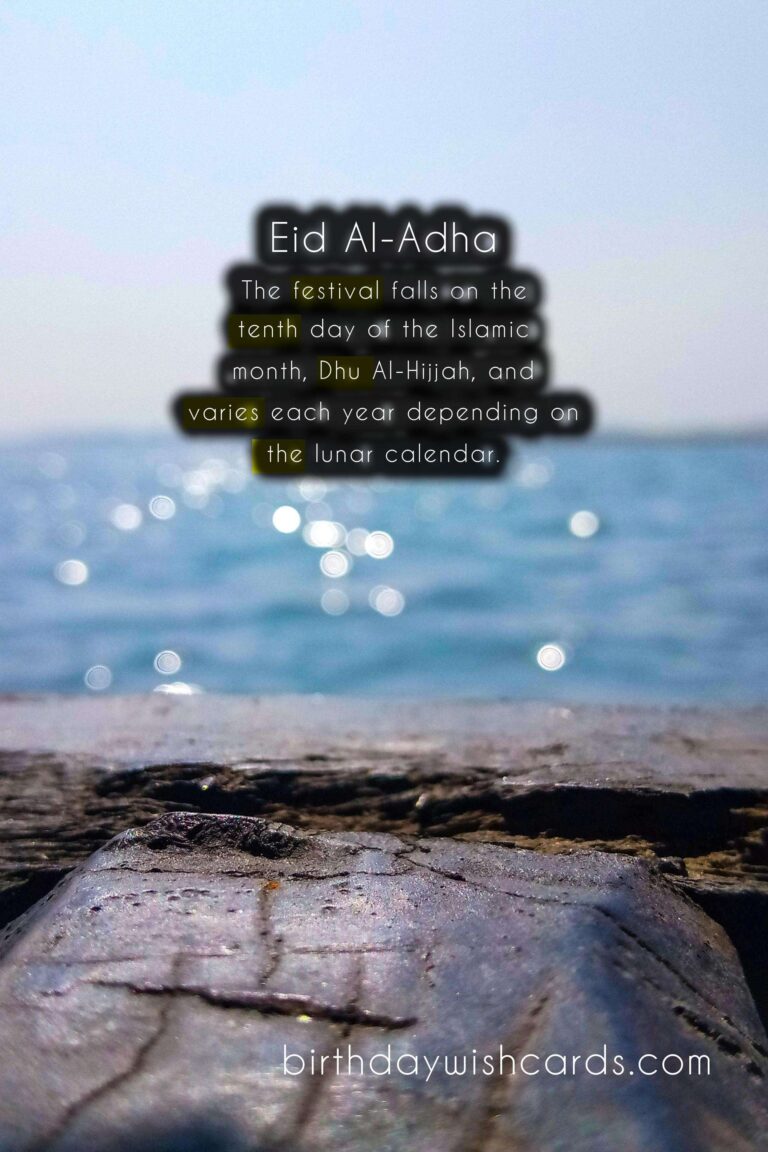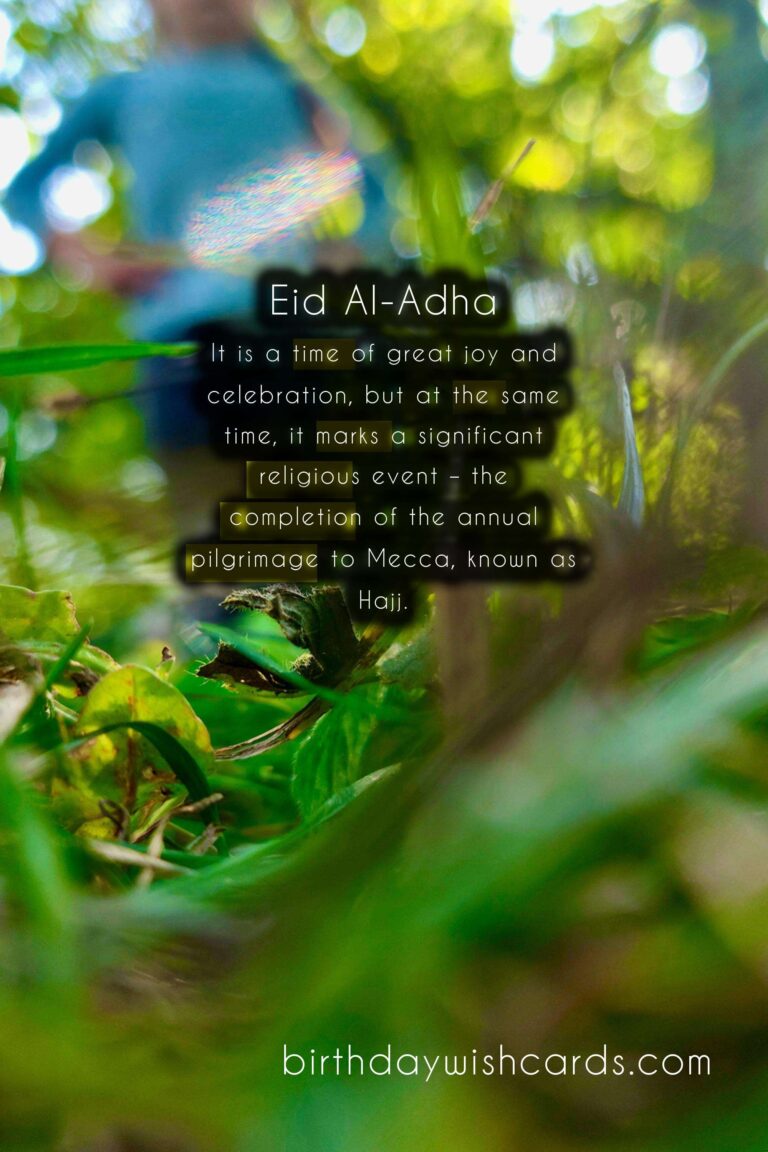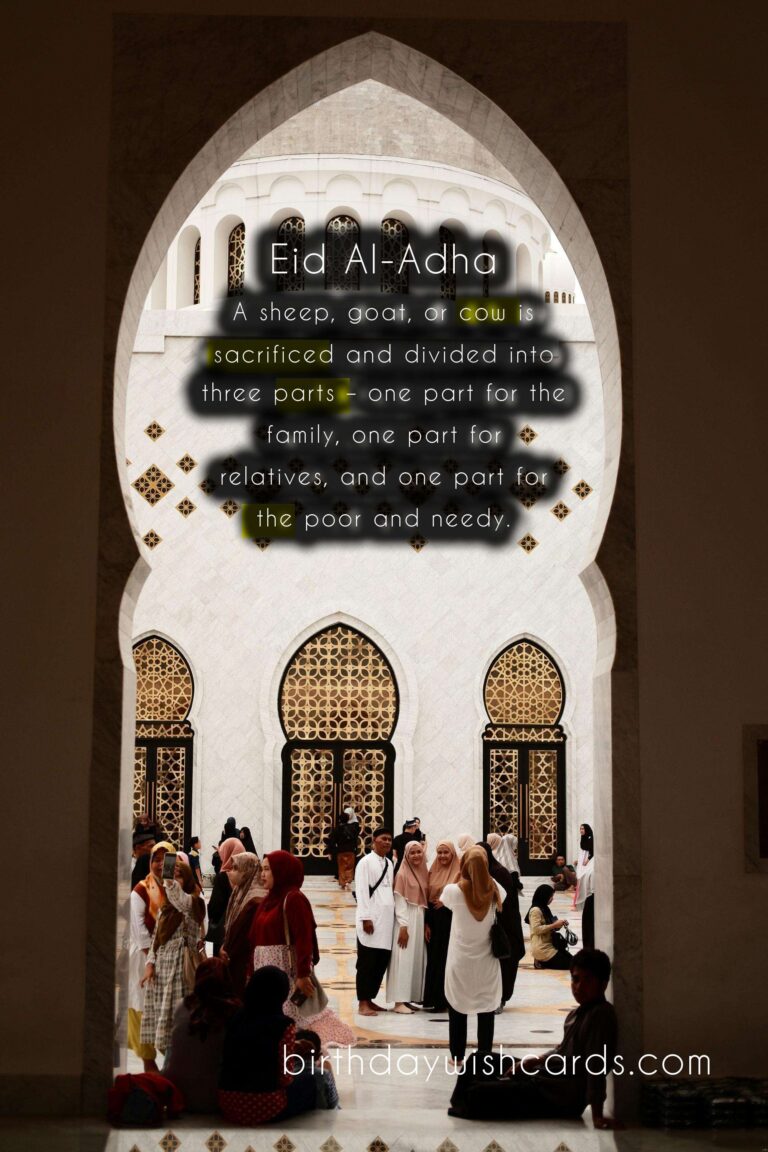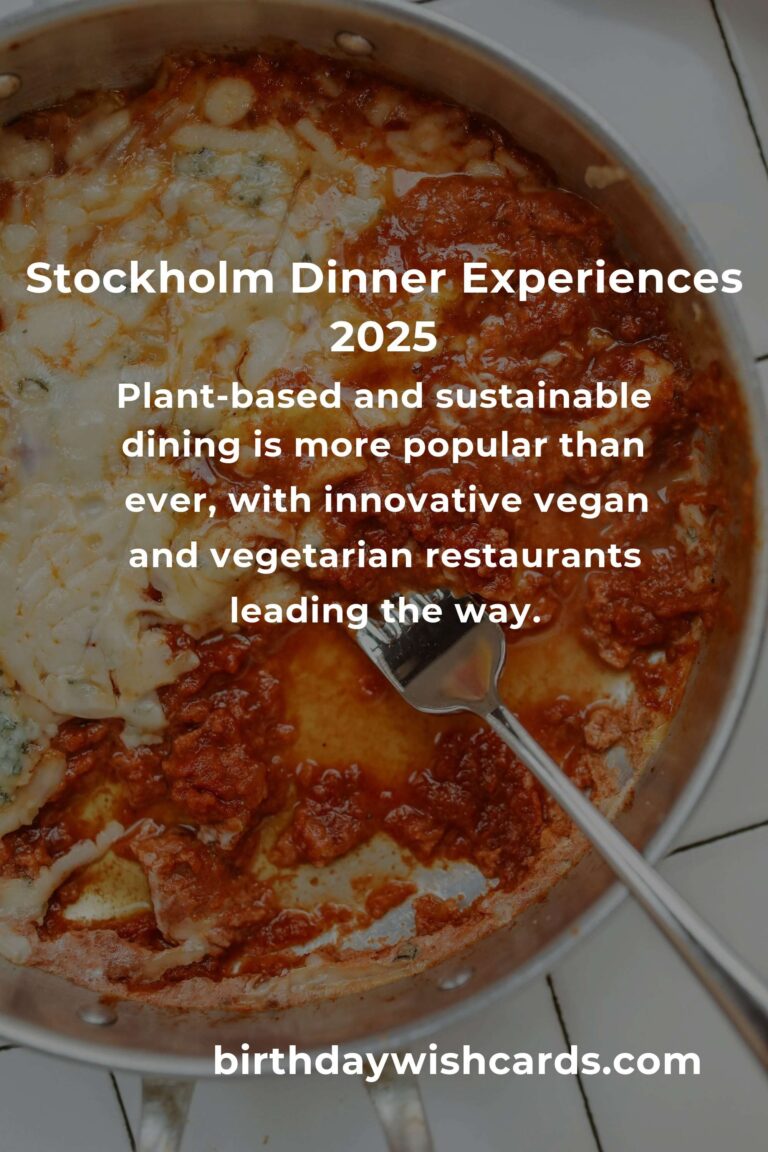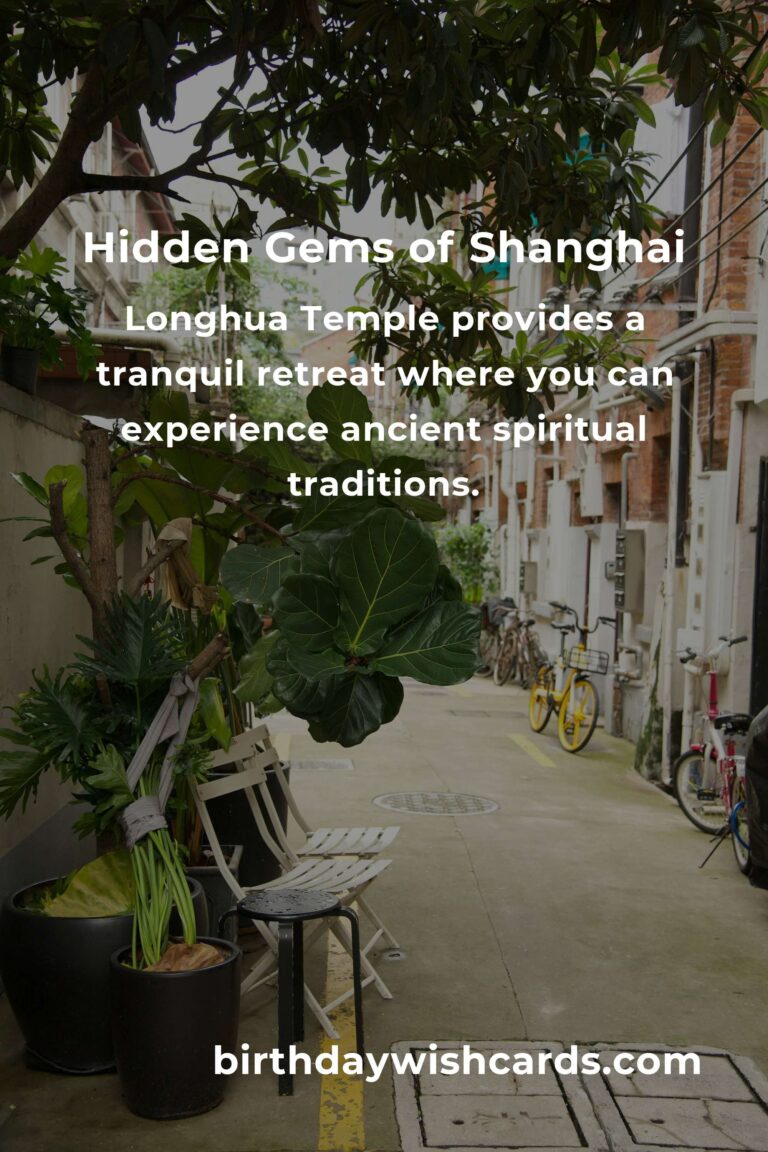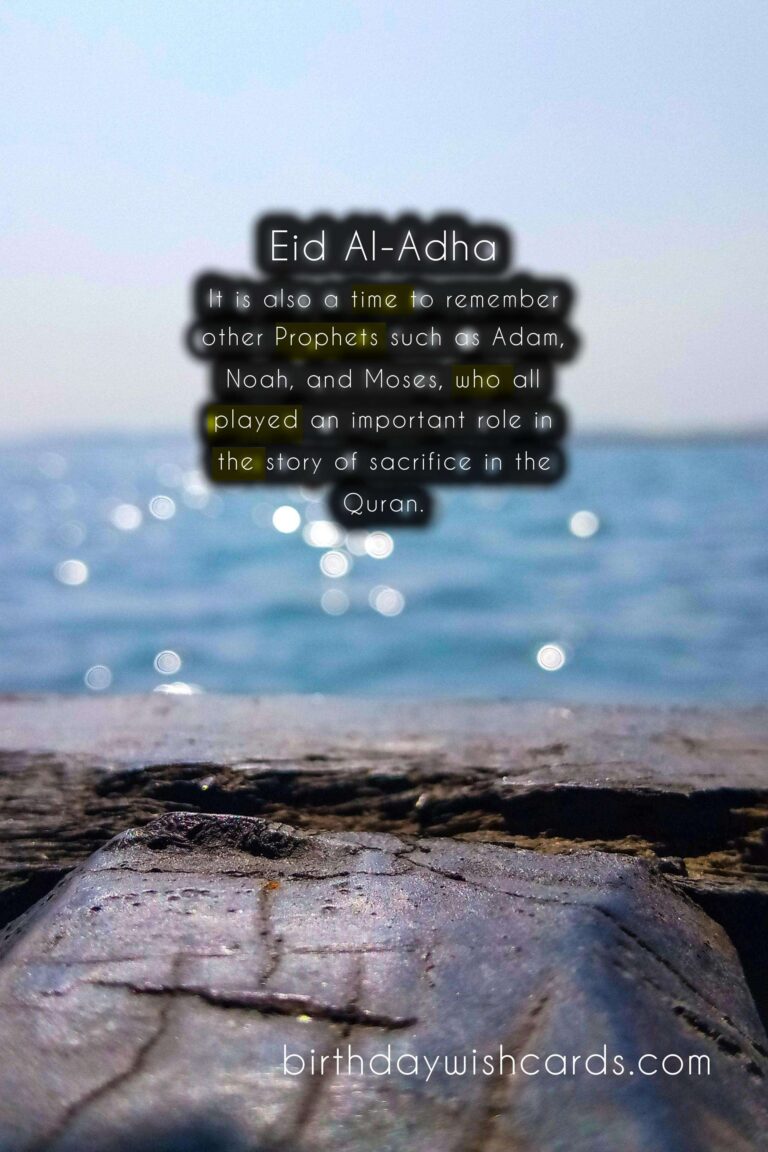 Eid Al-Adha, also known as the Feast of Sacrifice, is one of the most important festivals celebrated by Muslims all around the world. It is a time of great joy and celebration, but at the same time, it marks a significant religious event – the completion of the annual pilgrimage to Mecca, known as Hajj. This festival, which falls on the tenth day of the Islamic month, Dhu Al-Hijjah, varies each year depending on the lunar calendar. It is a time of spiritual cleansing, self-reflection, and immense significance for the Muslim community. Let’s take a look at what Eid Al-Adha is all about, its traditions, and significance in the Islamic faith.
Eid Al-Adha, also known as the Feast of Sacrifice, is one of the most important festivals celebrated by Muslims all around the world. It is a time of great joy and celebration, but at the same time, it marks a significant religious event – the completion of the annual pilgrimage to Mecca, known as Hajj. This festival, which falls on the tenth day of the Islamic month, Dhu Al-Hijjah, varies each year depending on the lunar calendar. It is a time of spiritual cleansing, self-reflection, and immense significance for the Muslim community. Let’s take a look at what Eid Al-Adha is all about, its traditions, and significance in the Islamic faith.
The Significance of Eid Al-Adha
Eid Al-Adha commemorates the Prophet Ibrahim’s (Abraham in the Bible) willingness to sacrifice his son Ishmael, as an act of obedience to God. Just as Ibrahim was about to sacrifice Ishmael, a ram was sent down from heaven to be sacrificed instead. This event symbolizes both Ibrahim’s complete trust in God and God’s mercy towards his faithful followers.
Traditions of Eid Al-Adha
Eid Al-Adha is celebrated differently in different parts of the world, but there are a few traditions that are common among all Muslims.
- Sacrifice: The most significant tradition of Eid Al-Adha is the ritual sacrifice, which is carried out to commemorate Ibrahim’s willingness to sacrifice Ishmael. A sheep, goat, or cow is sacrificed and divided into three parts – one part for the family, one part for relatives, and one part for the poor and needy. This tradition brings people together and promotes the sharing of blessings among all members of the community.
- Prayer: On the morning of Eid Al-Adha, Muslims gather in mosques or outdoor spaces to perform the Eid prayer. This prayer is similar to the daily prayers, but with added takbirs (praising God) and readings from the Quran.
- Feasting and Celebrations: After the prayers and sacrifice, families and friends come together to celebrate with delicious meals and sweets. It is a time of joy, laughter, and gratitude for the blessings of God.
- Charity: On this day, Muslims are encouraged to give charity to the less fortunate, reflecting the spirit of generosity and compassion towards those in need.
Importance of Eid Al-Adha in the Islamic Faith
Eid Al-Adha is not just a time for celebration, but it holds great significance in the Islamic faith. Here are some of the reasons why Eid Al-Adha is important for Muslims:
- Submission to God: The story of Prophet Ibrahim’s willingness to sacrifice his only son is a reminder for Muslims to submit to the will of God, no matter how difficult the situation may be.
- Unity and Brotherhood: Eid Al-Adha is a time of coming together, sharing, and caring for one another. It promotes unity and brotherhood among Muslims, regardless of their social status, race, or nationality.
- Sacrifice and Gratitude: This festival reminds Muslims of the true meaning of sacrifice, not just in terms of animal sacrifice, but sacrificing our own desires and needs for the sake of God. It also promotes gratitude for the blessings that God has bestowed upon us.
- Remembrance of the Prophets: The story of Prophet Ibrahim is not the only one associated with Eid Al-Adha. It is also a time to remember other Prophets such as Adam, Noah, and Moses, who all played an important role in the story of sacrifice in the Quran.
Final Words
Eid Al-Adha is a time of great significance for Muslims, and it holds many lessons and meanings for those who observe it. It is a time to remember the sacrifices of the Prophets and to reflect on the teachings and values of the Islamic faith. It is also a time to come together as a community, share blessings, and spread love and kindness towards one another. As we celebrate this blessed festival, let us remember the true meaning of sacrifice and strive to follow the example of the Prophet Ibrahim in our daily lives. Eid Al-Adha, also known as the Feast of Sacrifice, is one of the most important festivals celebrated by Muslims all around the world. It is a time of great joy and celebration, but at the same time, it marks a significant religious event – the completion of the annual pilgrimage to Mecca, known as Hajj. The festival falls on the tenth day of the Islamic month, Dhu Al-Hijjah, and varies each year depending on the lunar calendar. It is a time of spiritual cleansing, self-reflection, and immense significance for the Muslim community. Eid Al-Adha commemorates the Prophet Ibrahim’s (Abraham in the Bible) willingness to sacrifice his son Ishmael, as an act of obedience to God. Just as Ibrahim was about to sacrifice Ishmael, a ram was sent down from heaven to be sacrificed instead. This event symbolizes both Ibrahim’s complete trust in God and God’s mercy towards his faithful followers. Eid Al-Adha is celebrated differently in different parts of the world, but there are a few traditions that are common among all Muslims. The most significant tradition of Eid Al-Adha is the ritual sacrifice, which is carried out to commemorate Ibrahim’s willingness to sacrifice Ishmael. A sheep, goat, or cow is sacrificed and divided into three parts – one part for the family, one part for relatives, and one part for the poor and needy. On the morning of Eid Al-Adha, Muslims gather in mosques or outdoor spaces to perform the Eid prayer. This prayer is similar to the daily prayers, but with added takbirs (praising God) and readings from the Quran. After the prayers and sacrifice, families and friends come together to celebrate with delicious meals and sweets. It is a time of joy, laughter, and gratitude for the blessings of God. On this day, Muslims are encouraged to give charity to the less fortunate, reflecting the spirit of generosity and compassion towards those in need. Eid Al-Adha is not just a time for celebration, but it holds great significance in the Islamic faith. The festival is a reminder for Muslims to submit to the will of God, no matter how difficult the situation may be. It also promotes unity and brotherhood among Muslims, regardless of their social status, race, or nationality. This festival reminds Muslims of the true meaning of sacrifice, not just in terms of animal sacrifice, but sacrificing our own desires and needs for the sake of God. It is also a time to remember other Prophets such as Adam, Noah, and Moses, who all played an important role in the story of sacrifice in the Quran. As we celebrate this blessed festival, let us remember the true meaning of sacrifice and strive to follow the example of the Prophet Ibrahim in our daily lives. 
